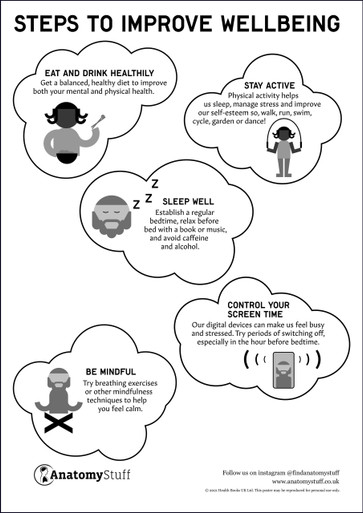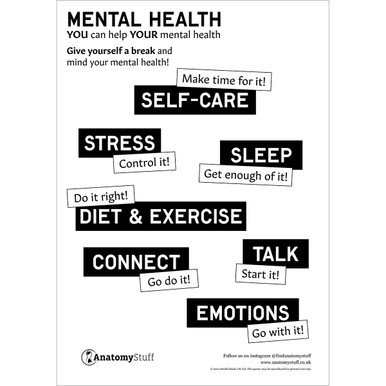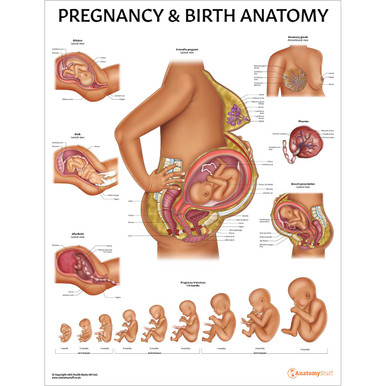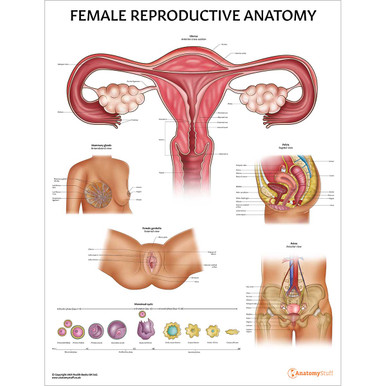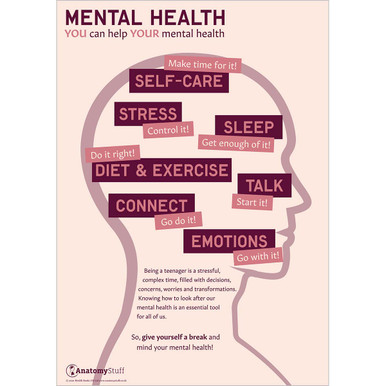Coping with the loss of your baby
Grief encompasses all the emotions one experiences at the death of a loved one. You may find it hard to believe that your child has passed. You may feel the want to yell, scream, or weep. You may want to assign blame. Or you may want to hide beneath your bed and never emerge. Everyone will deal with their personal sadness and grief as individuals, and there is no right or wrong way to grieve. Occasionally, your emotions may seem insurmountable. You may experience sadness, depression, anger, or guilt. You may be susceptible to colds and stomachaches and have difficulty focusing. These are all components of sorrow. Being aware of your emotions should help you to identify what you are feeling, feel it and allow those emotions to “be” until they pass.
Miscarriage occurs when a baby dies in the womb before 20 weeks of pregnancy, while stillbirth occurs after 20 weeks of pregnancy. The loss of a child is one of the most tragic events that can befall a family. With time you may come to find that the feelings of grief lesson, and while in some cases remain, they will hopefully be more manageable than those feelings you had immediately after the loss. As time passes, healing can begin, and you will eventually achieve tranquilly and become prepared to consider the future, although this is a very unique journey for each parent.
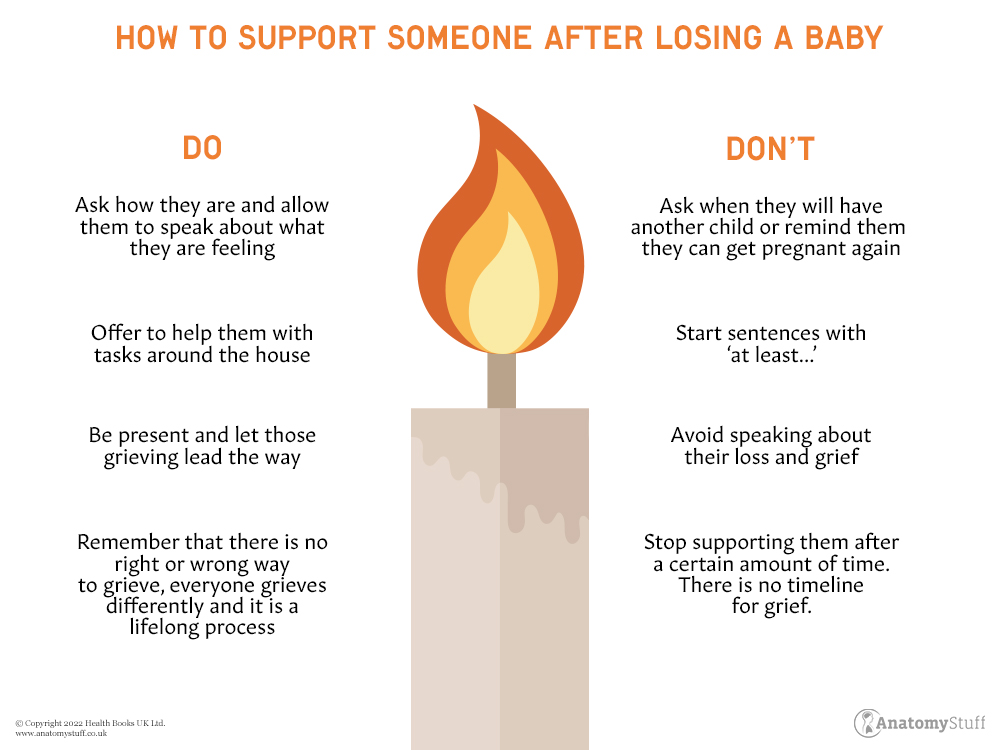
Miscarriage is not your fault
Pregnancy loss may afflict anybody. Approximately fifty per cent of early miscarriages are caused by genetic or chromosomal disorders. The remaining factors include:
• Malformation of embryonic development
• Fibroids, scar tissue, or other uterine conditions
• A cervix that cannot seal properly (incompetent cervix)
• Hormone issues
• Infection
• Injury
• Autoimmune illnesses, such as lupus, can lead your body to produce antibodies against your child.
It is common to feel guilty or blame yourself for your miscarriage, and although these emotions are very genuine, you are not to blame. Be kind to yourself, extend yourself compassion, and give yourself time to recuperate.
Allow yourself the necessary time to recover
You may experience a variety of feelings after a miscarriage, or you may just feel distant, irritable, and unable to focus or sleep. It’s all legitimate. Don’t force yourself to overcome how you are feeling. Your recovery will be more comprehensive if you address your sadness when it arises. You may find yourself reliving the agony, particularly around your due date or other significant events. Things will change, and you will feel better with time.
Even though you feel physically good, taking some time off from work may be beneficial, if possible. You need time to digest what has occurred. A change from your normal routine may assist you in recognising and accepting your circumstances.
Who can assist you and your family in coping with loss?
Discussing your baby and your emotions may be beneficial and reassuring. Certainly, you may communicate with your spouse, your friends, and your family. However, speaking with a skilled professional who can help you cope with sorrow may be beneficial.
Your GP is always a good place to start for referrals to experts. Or if you are in a hospital, the staff there can be a wealth of resources to help you find the right person to talk to, such as a counsellor, faith/religious leader if you are religious, doctor, or psychologist.
You may like to join a grief or support group. They gather to discuss their emotions and provide assistance to one another. There are support and grief groups for parents and families who have experienced the loss of a child. Group members understand what you are experiencing, and might make you feel less alone. Your physician, psychologist, midwife or grief counsellor may assist you in locating a support group, or your hospital (if you are in hospital) may offer one as part of a programme for families dealing with loss and sorrow.
Free PDF Downloads
View AllHow can you care for yourself while grieving?
Nutritious diet
Your body needs time to recuperate after giving birth. Depending on how far along you are when your pregnancy ends, you may need more time. Consume nutritious foods, such as fruits and vegetables, whole-grain bread and pasta, and lean poultry and meats. Avoid eating junk food and excessive amounts of sweets. Lots of water is important to stay hydrated. You may not feel like eating and drinking let alone eating healthy, but it is paramount you try to remain healthy, hydrated and strong physically and mentally.
Sleep is important
Attempt to adhere to a sleep regimen. Alcohol (beer, wine, wine coolers, and liquor) and caffeinated beverages (coffee, sports drinks, tea, and soda) should not be consumed. Additionally, chocolate and several medications include caffeine. Alcohol and coffee might induce unpleasant feelings and make it difficult to fall asleep. Your thoughts may make sleeping impossible, but a good sleep pattern will serve well for the coming weeks and months –lots of emotions will be running through your mind, you may not want to, but you will need to get sleep to get through those emotional times.
Keep active, focused and talk, talk, talk.
Exercise will only help you work through this difficult time. Getting outdoors will support your well-being and help you deal with your grief. Keep active, engaged with family and friends, and keep talking –bottling up feelings of grief can make the whole process so much worse.
In conclusion, there are no magic cures or magic words to make this loss feel ok. Time will heal the rawness of the emotions, but a baby loss at any stage of pregnancy will affect everyone differently, and every person needs to find their way through. Staying healthy, seeking the support of friends and family, talking about how you feel, and seeking professional counselling are ways that are proven to be effective in the grief process. While all these supports help, and in time the emotions will lessen in severity, the loss of a baby is a traumatic and cruel life event that no parent ever forgets.






